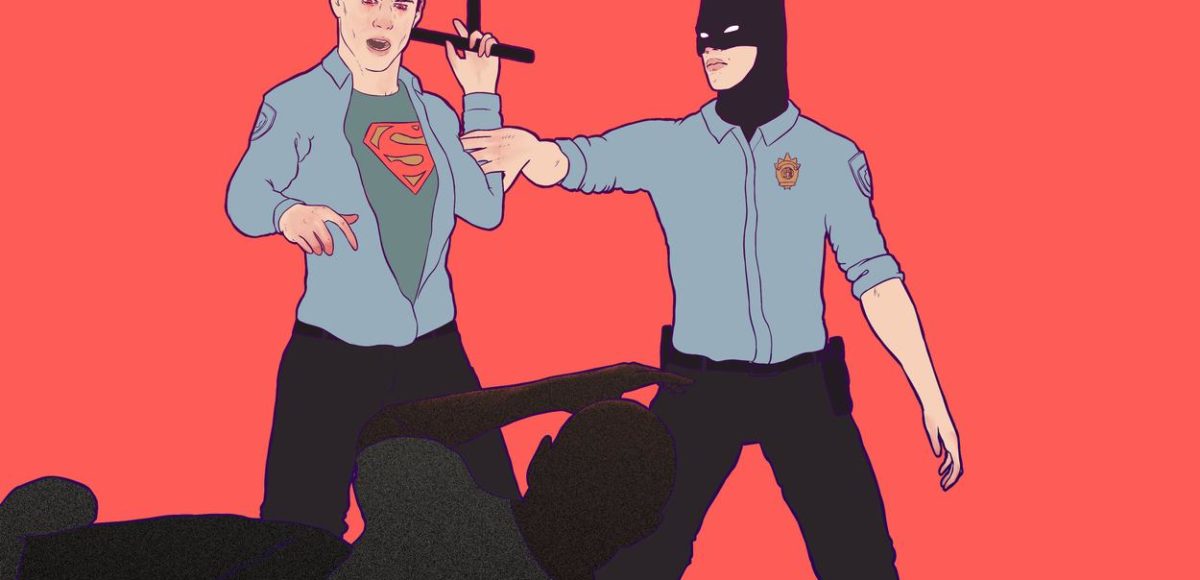NetherRealm’s Injustice 2 is ostensibly a game about a group of superheroes getting together to fight an arch-villain named Brainiac. Brainiac threatens to abduct several cities before destroying Earth, but that dangling sword of Damocles is overshadowed by a more personal moral conflict—one carried over from the first Injustice—the clash between Batman’s strict non-lethal values and Superman’s capital punishment-friendly form of authoritarian rule.
Which might be a surprising thing to hear if you’re only familiar with the most popular version of Superman. But unlike the do-no-harm, boy scout farmboy of Smallville,Justice League Unlimited, and All-Star Superman, the Superman of the Injustice universe errs toward tyranny: He seeks to rule by force and threat of death. Batman adheres, instead, to his famous “No killing” rule, while still retaining control through an unaccountable, high-tech surveillance state.
Because of this dichotomy, it’s possible to read both Injustice games as as a referendum on the death penalty in the U.S. On one side, there is Superman and his cohorts who believe society would be improved by permanently removing violent criminals and killers from it. Injustice 2 begins, for example, with a flashback where Robin proves his mettle to Superman by slitting the throat of the serial killer Victor Zsasz, after writing him off as “incorrigible.” On the other side of this ideological divide is Batman, who prefers sending such criminals into prison, with little thought given to the justice process beyond his own sphere of vigilantism. And maybe you see already why this referendum has its own problems.
Despite division around what to do with criminals, both men are heavily invested in the same status quo that results in an unjust system of incarceration. Batman may not pull the switch on the electric chair but is happy enough throwing prisoners into places like Arkham Asylum, an isolated, crumbling penitentiary of dubious rehabilitory capability. Arkham bears a remarkable likeness to failed institutions like Rikers Island in New York, infamous for its corrupt guards and deleterious conditions. Rikers recently achieved recent extra infamy thanks to its role in the horrifying story of Kalief Browder, a young man imprisoned and tormented there for years while the state delayed his trial for the alleged theft of a backpack. The charges were eventually dropped, but Browder later took his own life. Meanwhile, Batman sends Superman to a brand new private prison jointly founded by Wayne Enterprises and Lex Luthor. Even in villainy, class differences remain. …continue reading on Waypoint

